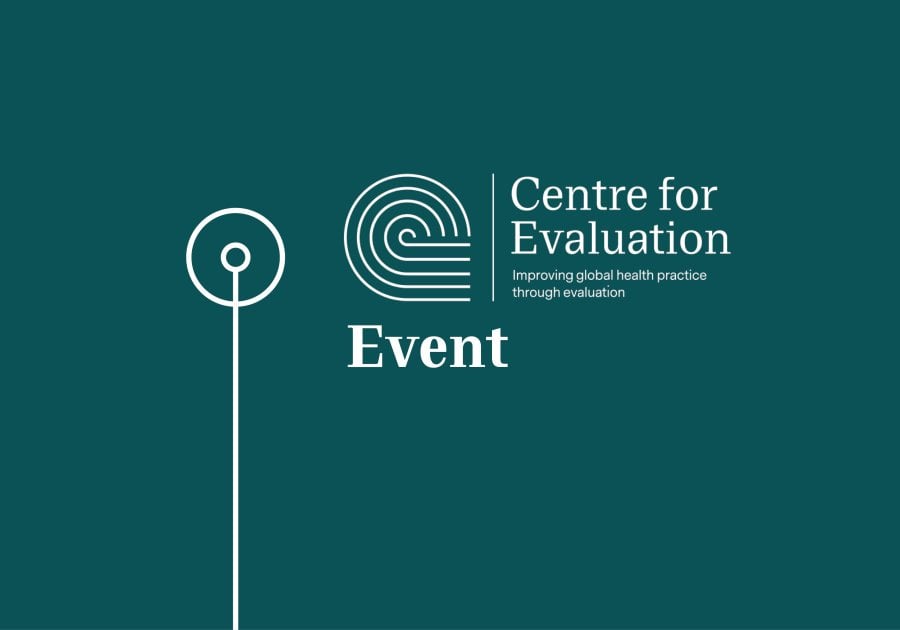Applying ontologies to evidence synthesis in behavioural and social sciences: The Behaviour Change Intervention Ontology as a use-case
This seminar will focus on how ontologies – specifically the Behaviour Change Intervention Ontology (BCIO) – can support evidence synthesis and more efficient evidence accumulation.

Changing behaviour is necessary to address many of the threats facing human populations. However, identifying behaviour change interventions likely to be effective in particular contexts as a basis for improving them presents a major challenge. A considerable body of evidence around behaviour change interventions exists, but much of it is not accessible in a usable form, making evidence synthesis difficult. Published intervention evaluation reports lack a shared scientific terminology, making it hard for readers to identify key similarities and variations between different interventions and their contexts.
The Human Behaviour-Change Project has set out to tackle these challenges. It has created an Artificial Intelligence-based ‘knowledge system’ to find research reports in a given area of behavioural science, extract key information from those reports using an ‘ontology’ (classification system representing knowledge) of behaviour change interventions, and predict intervention outcomes in novel scenarios. This seminar will focus on how ontologies – specifically the Behaviour Change Intervention Ontology (BCIO) – can support evidence synthesis and more efficient evidence accumulation.
The seminar will give an overview of the project and the BCIO as a whole, before presenting two key ontologies developed as part of the project: the Behaviour Change Technique Ontology and Mechanism of Action Ontology. We will then demonstrate how to apply these ontologies to evidence synthesis, such as annotation in systematic reviews.
Speakers
Dr Paulina Schenk, UCL Centre for Behaviour Change
Dr Paulina Schenk is a Research Fellow at the UCL Centre for Behaviour Change. She conducts research around developing and applying theories and frameworks to synthesise knowledge about behaviour change and mental health interventions. Paulina has worked on developing ontologies as part of the Human Behaviour-Change Project, and supporting projects around behaviour change in healthcare as part of the NIHR Policy Research Unit. Her current work focuses on developing an ontology of mental health as part of the GALENOS Project.
Lisa Zhang, UCL Centre for Behaviour Change
Lisa Zhang is a Research Assistant at the UCL Centre for Behaviour Change. She conducts research on behaviour change interventions, their methodology, and applications to real world issues such as environmental sustainability and public health. She currently works on ontology development and dissemination as part of the Human Behaviour-Change Project, and the translation of scientific advice and evidence into policy as part of the Behavioural Research UK (BR-UK) consortium.
Event notices
- Please note that you can join this event in person or you can join the session remotely.
- Please note that the recording link will be listed on this page when available.
Admission
Contact



